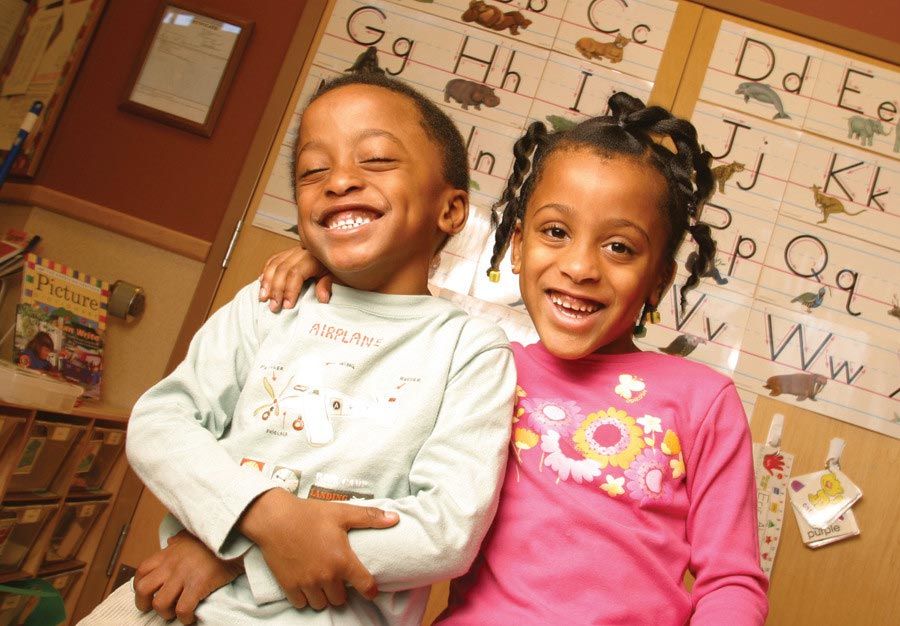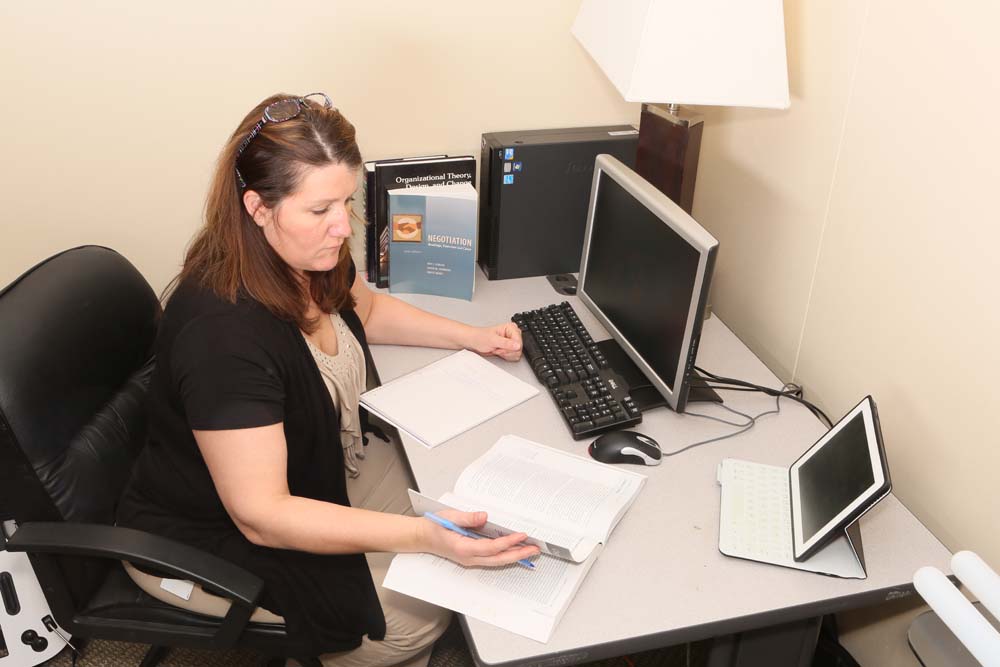Kikkan Randall's Olympic Gold Medal in cross country skiing makes her positively extraordinary among athletes.
But one thing that's positively ordinary about her: the way she approached career and motherhood.
Randall's son Breck was born in 2016, carefully planned in a precise window in which there were no international cross country events, and so minimal disruption to her career. In what proved to be a wave of babies, seven other cross-country-skiing women (including Norway's Marit Bjorgen) did the same.
Such precision family planning isn't limited to the ski track. Lots of women factor jobs into families. Our 2016 Modern Family Index said as much, showing that prospective mothers (and in fact fathers) carefully plan children to minimize impact on careers. Back then, nearly three quarters of expectant moms told us they considered their jobs in the timing of a baby; roughly two thirds of dads said the same thing. And like the Olympic skiers - who kept up grueling training regimens even after children --the designation as new moms didn't diminish their performance or drive.
Timing and training aren't the only things about the Olympic athletes that sounded familiar. In fact, the skiers' new-mother experience is a microcosm of everything we know about working moms on and off the track. Like what?
Finally, as in any profession, today's parents are tomorrow's role models. And how well - or if - they manage will attract (or not) newcomers to the field.
Randall may be retiring, but she's already blazed a trail for the families who come next. As the Times' Tara Parker Pope put it, "She hopes that seeing women like herself and Bjorgen on the Olympic podium will convince a new generation of athletes that it doesn't have to choose between an Olympic medal and motherhood."
We wish the same for working moms in all fields.
Congratulations, Kikkan!
But one thing that's positively ordinary about her: the way she approached career and motherhood.
Randall's son Breck was born in 2016, carefully planned in a precise window in which there were no international cross country events, and so minimal disruption to her career. In what proved to be a wave of babies, seven other cross-country-skiing women (including Norway's Marit Bjorgen) did the same.
Such precision family planning isn't limited to the ski track. Lots of women factor jobs into families. Our 2016 Modern Family Index said as much, showing that prospective mothers (and in fact fathers) carefully plan children to minimize impact on careers. Back then, nearly three quarters of expectant moms told us they considered their jobs in the timing of a baby; roughly two thirds of dads said the same thing. And like the Olympic skiers - who kept up grueling training regimens even after children --the designation as new moms didn't diminish their performance or drive.
Timing and training aren't the only things about the Olympic athletes that sounded familiar. In fact, the skiers' new-mother experience is a microcosm of everything we know about working moms on and off the track. Like what?
It's not just personal
Working moms want the best for their families...and their teams. "There was a huge motivation to come back to contribute to the team efforts here," Randall told the Washington Post. "That's what really helped me make it through the comeback."They're part of the older-mom trend
At 35 and 37, Randall and Bjorgen are right in line with today's trend of women having more babies in their thirties than their twenties. "In a sport like cross-country skiing where it takes so long to get to the top," Randall told the Boston Globe, "you really just start getting to the fun part when you're kind of in your prime childbearing age."They're not slacking off
Randall brought home the U.S. team's first cross country medal since 1976; Bjorgen left Pyeongchang with two gold medals, a silver, and two bronze. "I am here to make medals," said Bjorgen. You go.They're your mentors and industry knowledge base
Children arrived just as these skiers moved into leadership roles. Several of Randall's current teammates told the New York Times they idolized her while growing up. "I think it sends a really good message because the sport benefits from having its top athletes involved longer," Randall told the Boston Globe. Amen.Support made all the difference
The game-changing baby boom moved the international ski federation to provide support for mothers, children, and their caregivers -- making it possible for these athletes to perform. The results speak for themselves.Finally, as in any profession, today's parents are tomorrow's role models. And how well - or if - they manage will attract (or not) newcomers to the field.
Randall may be retiring, but she's already blazed a trail for the families who come next. As the Times' Tara Parker Pope put it, "She hopes that seeing women like herself and Bjorgen on the Olympic podium will convince a new generation of athletes that it doesn't have to choose between an Olympic medal and motherhood."
We wish the same for working moms in all fields.
Congratulations, Kikkan!





